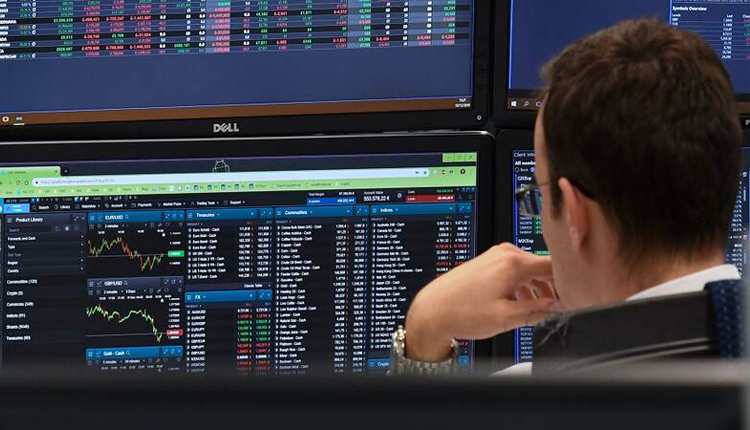The pan-European Stoxx 600 dropped more than 0.9% in early trade, with tech stocks falling more than 1.4% to lead losses as all sectors and major bourses slid into the red.
The coronavirus continues to be a focus for international markets; the outbreak has already taken more than 170 lives and infected more than 7,711 in China, according to the latest update by China’s National Health Commission.
Stocks in Asia slipped in Thursday afternoon trade on concerns over the virus and markets were also subdued following the U.S. Federal Reserve’s decision to kept interest rates on hold.
The central bank’s Federal Open Market Committee said Wednesday it will hold its benchmark funds rate between 1.5% to 1.75%. The decision marked the second straight meeting the Fed made no changes to rates, following three consecutive reductions in 2019. The central bank affirmed its commitment to nudge up inflation to the 2% level.
In Europe, Brexit is on the agenda with European parliamentary lawmakers meeting for last time Thursday ahead of the U.K.’s departure at 11 p.m. London time on Friday. Meanwhile, in the U.K. on Thursday, the Bank of England announces its latest interest rate decision — the last one to be made under its Governor Mark Carney.
Data releases Thursday include euro zone business climate and economic sentiment for January.
Deutsche Bank posted a full-year net loss of 5.3 billion euros ($5.8 billion) before the bell on Thursday, amid a huge transformation project. Shares of Germany’s largest lender slipped 0.4% in early trade.
Oil titan Royal Dutch Shell reported a sharp fall in full-year net profit, citing challenging macroeconomic conditions and lower oil and gas prices. The stock fell 4.6%.
H&M shares jumped 9% to the top of the Stoxx 600 after the Swedish fashion retailer posted its first annual profit rise since 2015 and announced a management reshuffle.
BT Group shares fell 4.5% after slightly missing third-quarter earnings expectations and warning of a £500 million ($649.6 million) hit from the U.K.’s cap on Huawei technology.


